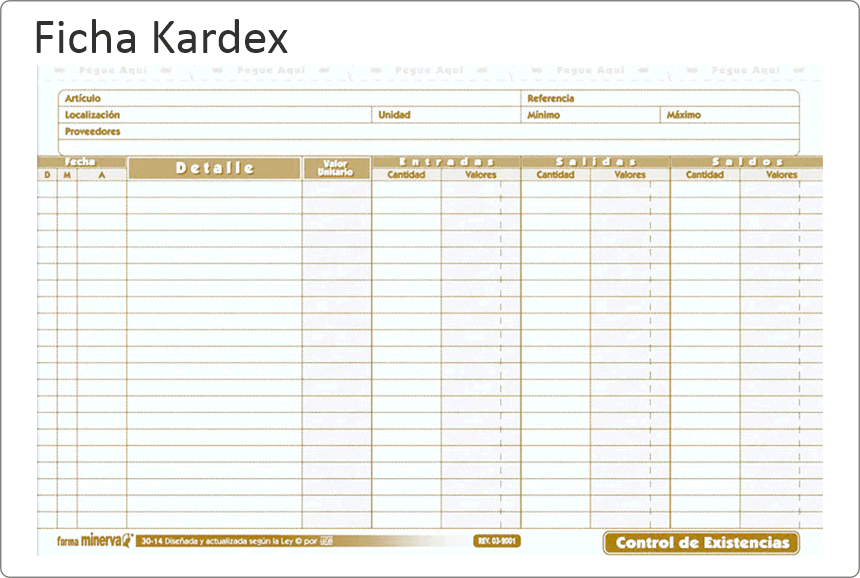The Role of Logistics in International Customer Satisfaction
In the era of international trade, logistics plays a fundamental role in customer satisfaction. The ability to deliver products quickly, safely, and efficiently is crucial to maintaining customer loyalty and trust worldwide. In this article, we will explore the role of logistics in international customer satisfaction and how companies can improve their logistics strategies to meet the needs of their global customers.

The Importance of Logistics in International Trade
Logistics is the process of planning, implementing, and controlling the flow of goods, services, and information from the point of origin to the point of destination. In international trade, logistics is even more complex due to the need to navigate different regulations, laws, and cultures. However, efficient logistics can provide a significant competitive advantage to companies operating in the global market.
Benefits of Efficient Logistics in International Trade
- Reduce delivery times: Efficient logistics allows companies to deliver products quickly and safely, reducing delivery times and improving customer satisfaction.
- Improve order accuracy: Efficient logistics helps companies manage orders accurately and efficiently, reducing errors and delays.
- Reduce costs: Efficient logistics can help companies reduce transportation, storage, and handling costs.
- Improve the customer experience: Efficient logistics can help companies provide a more personalized and satisfying customer experience.
Logistics Strategies to Meet the Needs of Global Customers
To meet the needs of global customers, companies must develop logistics strategies that adapt to the specific needs of each market. Here are some logistics strategies that can help companies meet the needs of their global customers:
1. Implement a Supply Chain Management System
A supply chain management (SCM) system can help companies efficiently manage the flow of goods, services, and information throughout the supply chain. An SCM can provide real-time visibility into the status of orders, inventories, and transportation, allowing companies to make informed decisions and improve customer satisfaction.
2. Use Information and Communication Technologies
Information and communication technologies (ICT) can help companies improve the efficiency and accuracy of their logistics operations. ICT can provide real-time visibility into the status of orders, inventories, and transportation, allowing companies to make informed decisions and improve customer satisfaction.
3. Develop an Efficient Transportation Strategy
An efficient transportation strategy can help companies reduce delivery times and transportation costs. Companies can consider using different modes of transportation, such as air, land, or sea, depending on the specific needs of each market.
4. Implement a Quality Management Program
A quality management program can help companies improve the quality of their products and services. A quality management program can provide real-time visibility into the quality of products and services, allowing companies to make informed decisions and improve customer satisfaction.
Logistics plays a fundamental role in international customer satisfaction. Companies operating in the global market must develop logistics strategies that adapt to the specific needs of each market. By implementing a supply chain management system, using information and communication technologies, developing an efficient transportation strategy, and implementing a quality management program, companies can improve customer satisfaction and maintain the loyalty and trust of their global customers.






